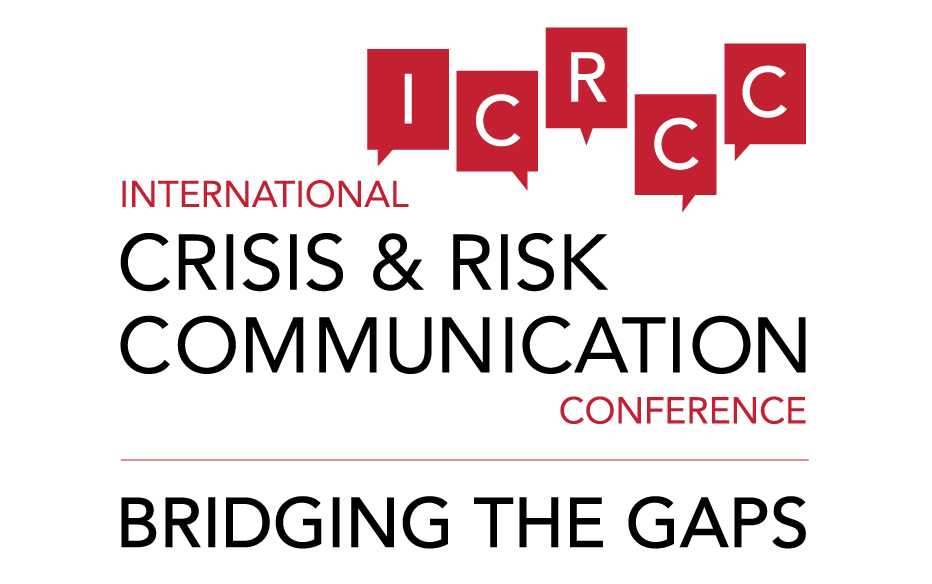
Associate Professor
Texas Christian University
Amiso M. George (Ph.D., Ohio University; Accredited in Public Relations (APR); Fellow of the Public Relations Society of America [PRSA] is associate professor and former chair of the Strategic Communication Department in the Bob Schieffer College of Communication at Texas Christian University (TCU), Fort Worth, Texas. A 2020 Fulbright Global Scholar, she is the Public Relations Society of America (PRSA) 2017 Educator of the Year. She also received the 2017 Bridge Award for Excellence in Strategic Communication Research from the International Crisis and Risk Communication Conference (ICRCC) and the University of Central Florida Nicholson School of Communication. George was director of the Public Relations program at the Reynolds School of Journalism, University of Nevada, Reno, where she developed and taught the first course in crisis communication. A visiting professor of strategic communication at Swinburne University of Technology, Melbourne, Australia, in 2012, she had worked as a journalist and freelance broadcaster in radio and television and for nonprofit organizations in the United States, including C-SPAN, and universities in Nigeria, Australia and Malaysia. She has also been widely quoted in local and national media on crisis communication cases. She was vice president of the Greater Fort Worth Chapter of Public Relations Society of America (PRSA) and a Carnegie Foundation Fellow, George is co-editor of Culture and Crisis Communication: Transboundary Cases from Nonwestern Societies (Wiley, 2017), Crisis Communication: An International Perspective on Hits and Misses (Routledge/Taylor Francis, 2012) and Race, Gender and Other Minorities: Readings for Professional Communicators (Cognella, 2012). She consults in risk and crisis communication. Contact her at a.george2@tcu.edu. LinkedIn: https://www.linkedin.com/in/dr-amiso-george-apr-fellow-prsa. Follow her on Twitter @Tampriye
The Rhetoric of an Apology as Reputation Management
Public admissions of personal or professional misdeeds, followed by apologies by high profile individuals and organizations are strategies and tactics of image restoration. These attempts are often used to restore one’s image in a situation when a reputation has been damaged. Apology is one of many strategies to manage reputation. Sometimes apologies work; other times, they can make things worse. A study by Bentley, George and Lambiase (2019) uses rhetorical theory to bridge the gap between the wordings of apologies and how they produce psychological changes in recipients. We do this by examining news reports of the misdeeds and public statements of the apologies. We suggest that identification, the concept of aligning oneself with the values, goals, or beliefs of another, explains this phenomenon. Effective apologies communicate to key stakeholders that offenders agree with their values and are committed to upholding those values in the future, thus establishing identification. Four case studies illustrate this theoretical model: Felicity Huffman and Bill Macy’s College Fraud Case, Matt Damon’s controversial remarks about the #MeToo movement and sexual misconduct revelations on the “Today” show, Megyn Kelly’s questioning why blackface was considered racist, and James Fields’ apology to Susan Bro, Heather Heyer’s mother.


